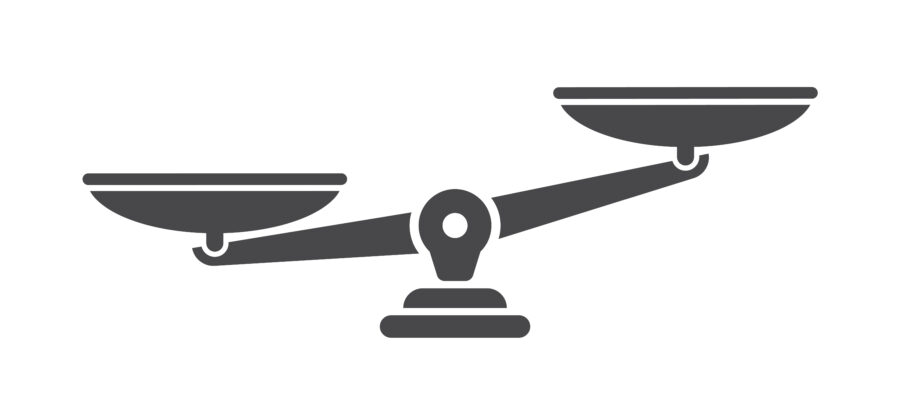How Parliamentarians Can Better Engage with the Scientific Community

Denis Naughton, Chair of the Inter-Parliamentary Union (IPU) Working Group on Science and Technology
Across parliaments, access to information and science varies widely.
For instance, decision-makers in the Global South traditionally find it more challenging to access up-to-date research and scientific experts due to factors such as lack of science funding, time and resources to disseminate and interpret research, and lack of parliamentary structures or external scientific institutions.
As a result, parliamentarians need tools to find and use evidence that will inform their work and hold their government to account. Robust opposition is vital to question and debate decisions and encourage the provision of more substantial evidence, ensuring the long-term sustainability of policies.
In 2021, the IPU, a global organisation of national parliaments, founded in 1889, recognised the need to support engagement between science and parliament by establishing a working group to address global issues related to science and technology in parliamentary contexts.
Our main objective is to support global legislative initiatives in science and technology. Among these, a practical toolkit for parliamentarians stands out as a project close to my heart, designed to bridge the communication gap between science and decision-makers.
Toolkits for Parliamentarians
While there are many toolkits for the academic and scientific community, when it comes to engagement with decision-makers and policymakers, sadly this is far from the case when it comes to Members of Parliament reaching across this communication divide.
Our Working Group is attempting to change this by developing a toolkit, a compilation of information from parliaments worldwide, which includes practical engagement tips, case studies, a list of plain language online academic resources, and the results of a global mapping exercise showing how different parliaments engage with the scientific community.
A draft version of the toolkit was unveiled to the global parliamentary community at the IPU General Assembly in March this year. The goal is to publish a more comprehensive version online by October 2024. This toolkit is envisioned as a living document, to be continually updated with new information.
Evidence: The Third Way
The toolkit aims to promote evidence-based decision making, something which in today’s polarised world, is sadly often overlooked, leading to policy stalemates. Evidence can provide a fresh perspective and often a third way that avoids the blockages to reform created by partisan politics.
Engagement between the scientific community and decision-makers is crucial for this evidence-based decision-making to be embedded in the parliamentary system. It ensures that evidence is available, accessible, and used to make decisions on behalf of all humanity, fairly, inclusively, and justly, based on the latest research, rather than populist views, misinformation, or self-serving interests.
How Can You Contribute?
One aspect of the toolkit involves examining the resources provided by different parliaments worldwide, building a picture of the institutional supports available to parliamentarians and identifying gaps.
Another aspect is the inclusion of case studies, offering parliamentarians who have engaged or attempted to engage with scientists an opportunity to share their methods, lessons learned, and advice for colleagues worldwide looking to establish or enhance their relationship with science.
While many parliaments have responded, more contributions are needed, helping to provide a more comprehensive and inclusive picture of how and when science and evidence are used in parliaments worldwide. It is crucial for parliaments from the Global South, who may traditionally lack access to scientific and research facilities, to add their voice to this document.
If you are aware of how a parliament connects with science today, have practical examples of Members of Parliament who have engaged or know of an online resource in any language that would benefit MPs and members of the public in their understanding of science, then we urge you to contribute to this vital research.
Also, please share this information with any parliamentarians who may be able to assist in this project.
Links and Contacts
- There is a link to the short mapping survey here (6 questions).
- Please submit case studies to me or just get in touch, at the following email address: Denis.Naughten@oireachtas.ie
- Or follow me @denisnaughten on LinkedIn, X (Twitter), Substack or the Science4Parliament podcast.
